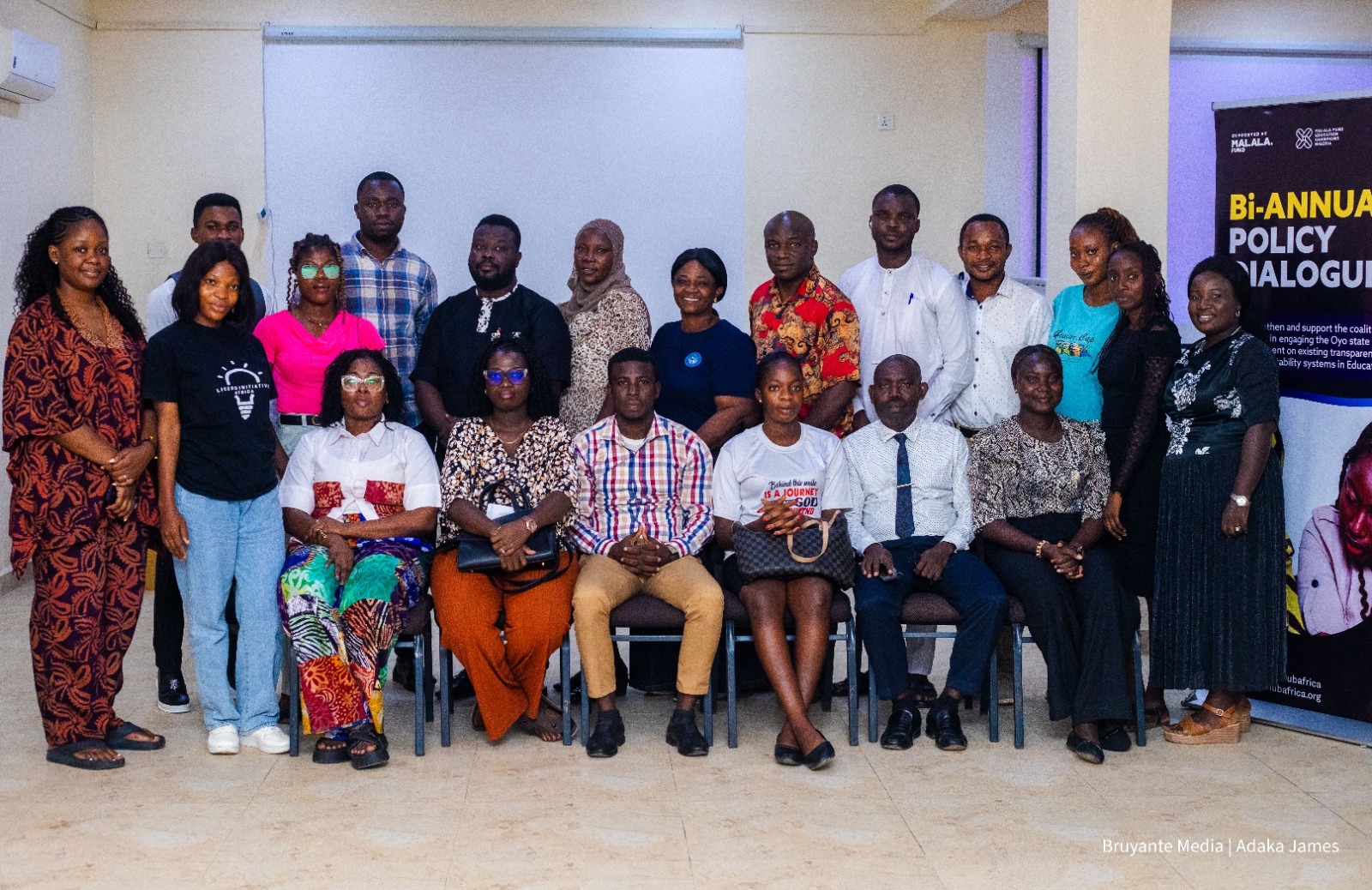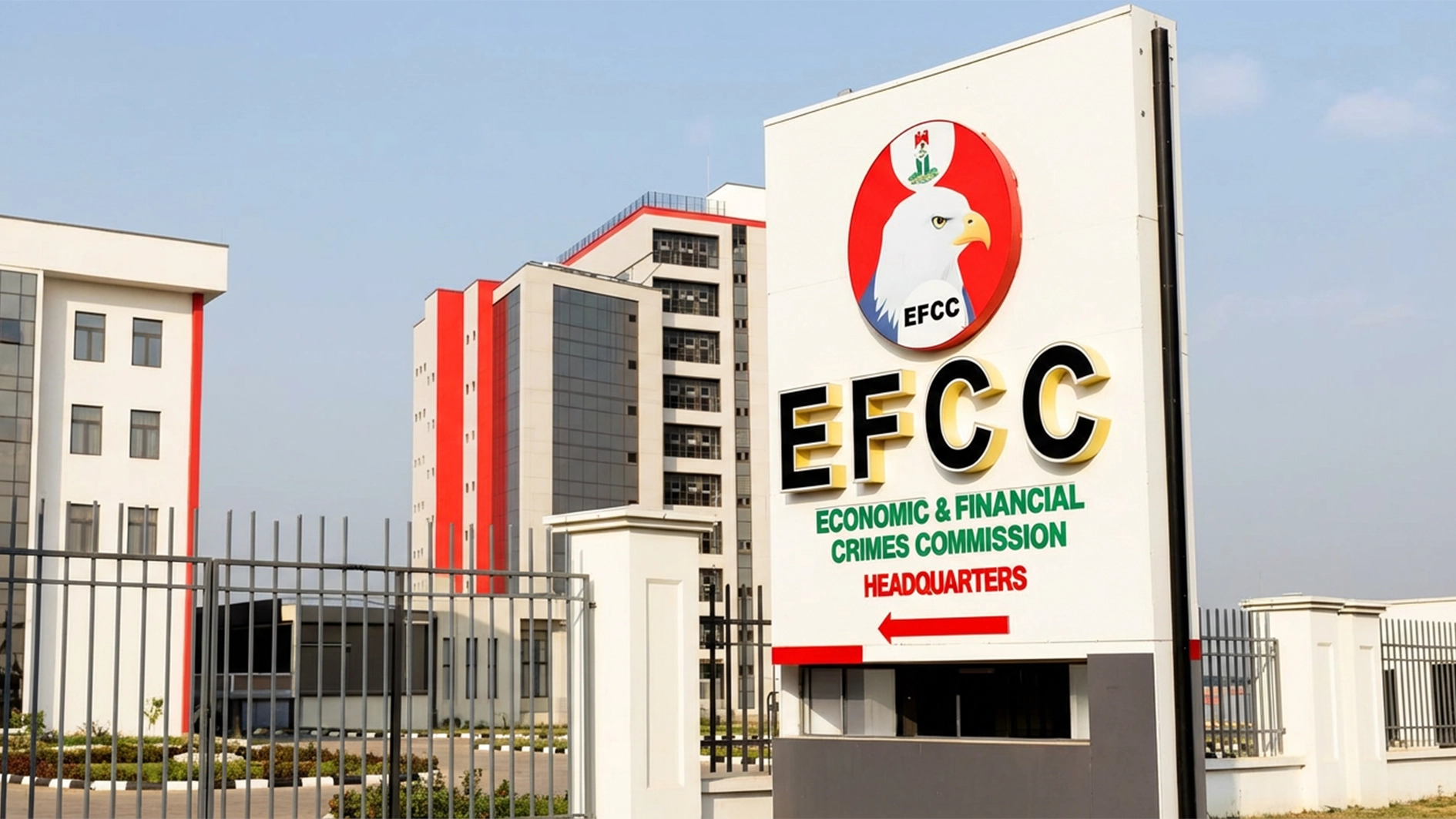MThe Corporate Accountability and Public Participation Africa (CAPPA) has called on the Federal Government to increase the current Sugar-Sweetened Beverage (SSB) tax from N10 to at least N130 per litre, citing urgent public health and economic concerns.
At a media roundtable held in Abuja on Tuesday, CAPPA’s Executive Director, Akinbode Oluwafemi, said Nigeria is facing a worsening public health crisis tied to the growing consumption of sugary drinks.
He argued that diseases once considered rare — such as diabetes, hypertension, stroke, and obesity — are now common and affecting people across income levels.
“These SSBs, popularly known as soft drinks and their likes, are killing us slowly, turning our streets into graveyards and our hospitals into crowded waiting rooms,” Oluwafemi said. “They are fueling the explosive rise in non-communicable diseases, including the sudden death syndrome we are seeing around the country.”
Oluwafemi criticised the existing N10 per litre tax introduced in 2021, saying it represents less than one per cent of the current retail price of sugary beverages and has failed to influence consumer behaviour.
“At the time, a 33cl bottle cost about N150, meaning the tax per bottle was only around N3.33. Today, with prices above N300 per bottle, the tax impact has become negligible. It’s not enough to deter consumption,” he explained.
He cited global health studies which recommend a tax that raises the final retail price of sugary drinks by 20 to 50 per cent in order to reduce consumption effectively. CAPPA proposed increasing the tax to N130 per litre, which the group says could raise over N200 billion annually in revenue.
Oluwafemi said the revenue from a revised tax could be earmarked for public health funding, including support for the Basic Healthcare Provision Fund, the National Health Insurance Authority, and school feeding initiatives. He also called for clearer food labelling, public accountability on revenue use, and policies that prioritise public health over industry profits.
Economist and public health advocate Austin Iraoya, who also spoke at the event, reinforced the call for a higher tax, describing the current levy as inadequate in the face of Nigeria’s growing burden of non-communicable diseases.
“When people consume these sugary drinks excessively, they increase their risk of diabetes, heart disease, stroke, and obesity. Treating these illnesses places a heavy burden on the health system and on low-income households,” he said.
Iraoya added that manufacturers and distributors are not held accountable for the health consequences of their products and called for policy alignment with World Health Organization (WHO) guidelines, which recommend a tax impact of 20 to 50 per cent of the retail price.
He cited countries such as Mexico, South Africa, and the United Kingdom that have implemented stronger sugary drink taxes and have reported improvements in public health and fiscal performance.
CAPPA concluded that an increased SSB tax would serve the dual purpose of curbing excessive sugar consumption and creating new fiscal space for critical public health investments.






